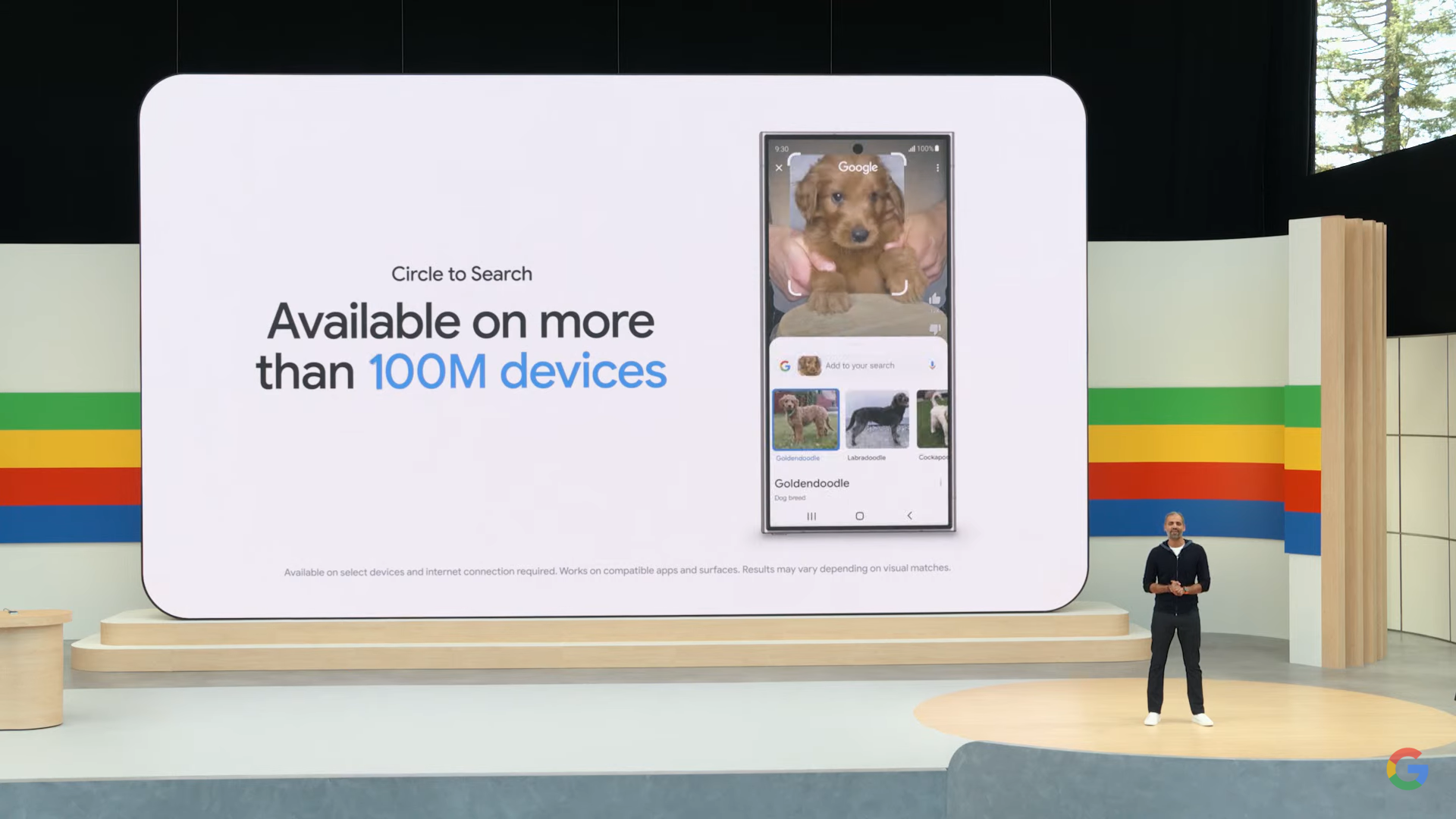

At Google I/O the big G said we're at "a once-in-a-generation moment" where AI is going to reinvent what phones can do. And today's announcement of Google AI updates to Android, it reckons, are a big sign of where this is all going.
We've seen some of these features already, such as Circle To Search, which is rolling out more widely and should reach double the current 100 million users by the end of 2024.
But it's Gemini on Android that's really interesting here, because you'll be able to use its overlay from within all kinds of Android apps: dropping AI-generated images into Gmail or Google Messages, asking for more information about the currently playing YouTube video, pulling out data from PDFs (if you have the Advanced version) and so on. And the AI overview will enable you to drill down through answers, using simpler language or expanding the results to help you understand them better.
That's pretty impressive, but Google says better is coming – and it's coming soon.
What's the plan-o for Gemini Nano?
Google is particularly excited about what it calls Gemini Nano with Multimodality. That means the smart assistant won't just be processing text input but more contextual information: sights, sounds and spoken language too. That'll be implemented later this year in TalkBack to assist people with blindness and low vision, and in your phone app to help detect scams.
Google is also going big on AI in search. The promise here is that you'll be able to ask Google to make you a meal plan for X people, or plan a trip to X destination based on the best recommendations, or get instant and accurate answers without having to visit any of the places that provide those answers. What incentive there is for publications to provide those answers if Google isn't sending them any visitors isn't clear, but Google promises that "as we expand this experience, we’ll continue to focus on sending valuable traffic to publishers and creators".
I like the idea, described by Google, where you can point your Android camera at a thrift shop turntable and it'll tell you why the stylus is drifting and what you need to do about it. But that depends on Google having high quality, helpful and accurate content to draw from. We'll see for ourselves later this year: US users will get access to search with video later in Search Labs later this year, with more of us getting to try the tools out in the following months.
Sign up to the T3 newsletter for smarter living straight to your inbox
Get all the latest news, reviews, deals and buying guides on gorgeous tech, home and active products from the T3 experts
Writer, musician and broadcaster Carrie Marshall has been covering technology since 1998 and is particularly interested in how tech can help us live our best lives. Her CV is a who’s who of magazines, newspapers, websites and radio programmes ranging from T3, Techradar and MacFormat to the BBC, Sunday Post and People’s Friend. Carrie has written more than a dozen books, ghost-wrote two more and co-wrote seven more books and a Radio 2 documentary series; her memoir, Carrie Kills A Man, was shortlisted for the British Book Awards. When she’s not scribbling, Carrie is the singer in Glaswegian rock band Unquiet Mind (unquietmindmusic).
-
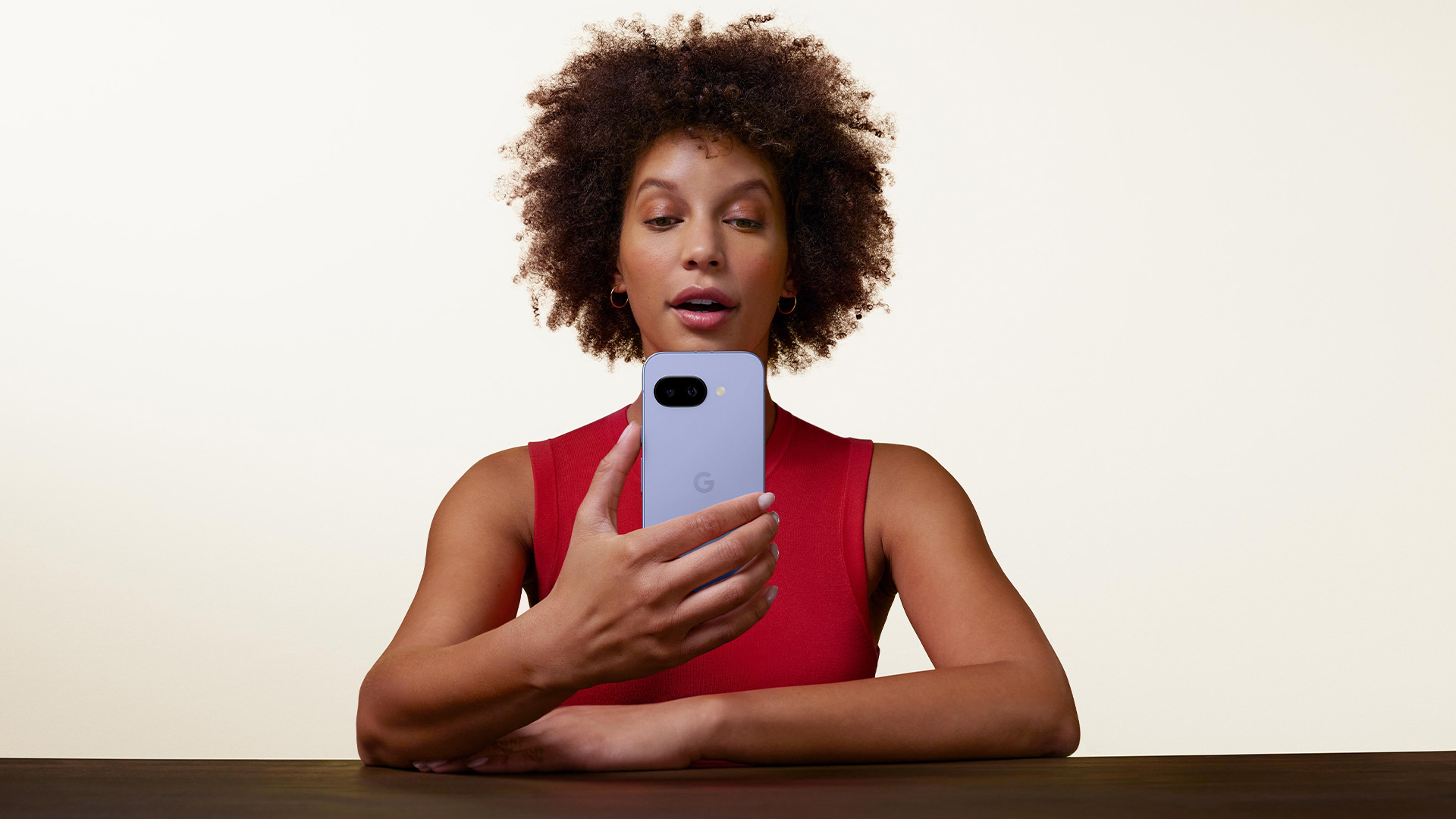 Google's Pixel 9a does one simple thing that could tempt me away from iPhones after a decade
Google's Pixel 9a does one simple thing that could tempt me away from iPhones after a decadeGoogle's played a blinder here
By Max Freeman-Mills
-
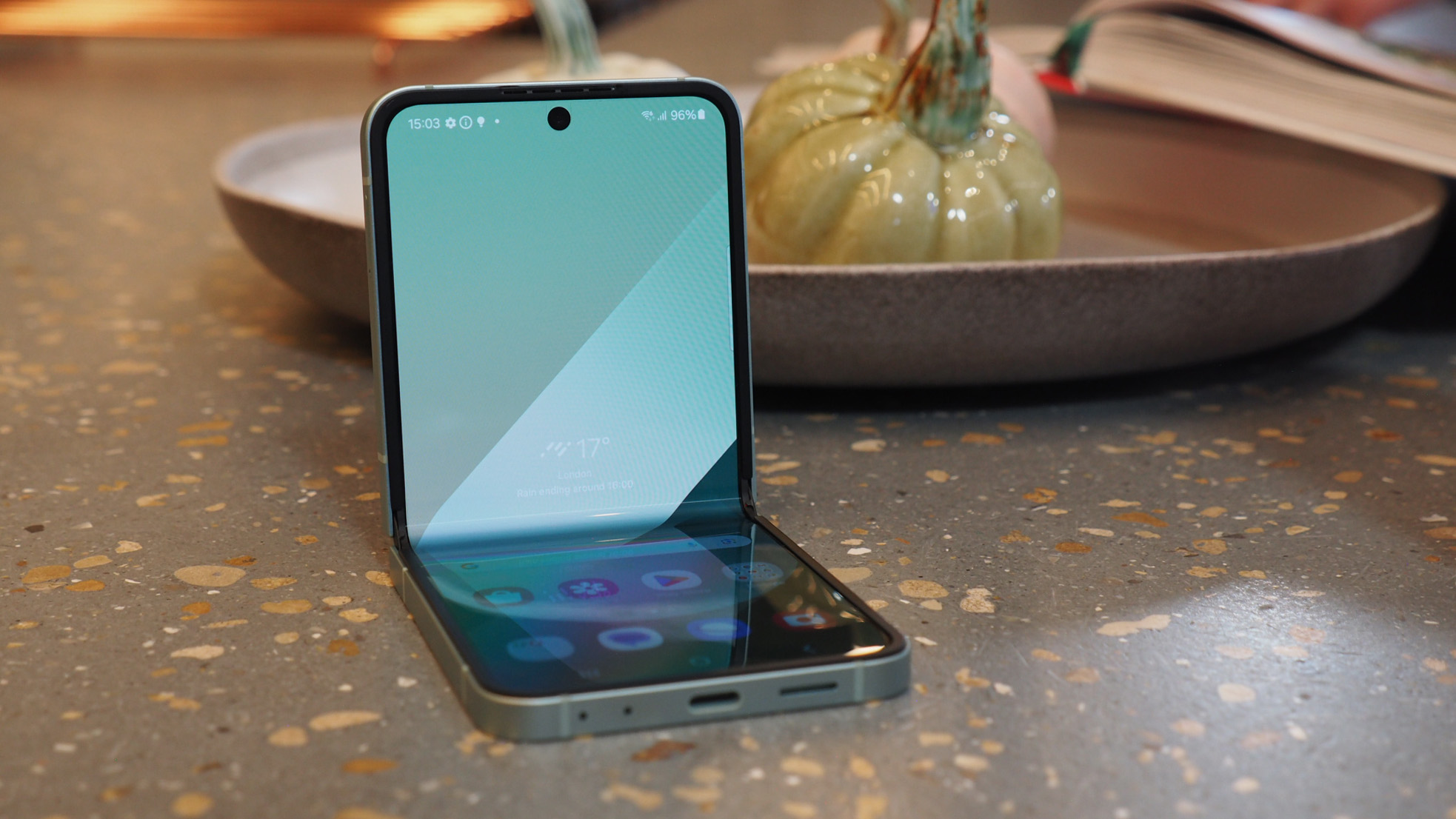 Samsung's foldables get Android 15 (One UI 7) at last, but there's a catch
Samsung's foldables get Android 15 (One UI 7) at last, but there's a catchYou might have to wait a bit longer for the full release
By Chris Hall
-
 Honor suddenly adds Samsung-rivalling upgrade that'll last for years
Honor suddenly adds Samsung-rivalling upgrade that'll last for yearsIt's a big change, and a welcome one
By Max Freeman-Mills
-
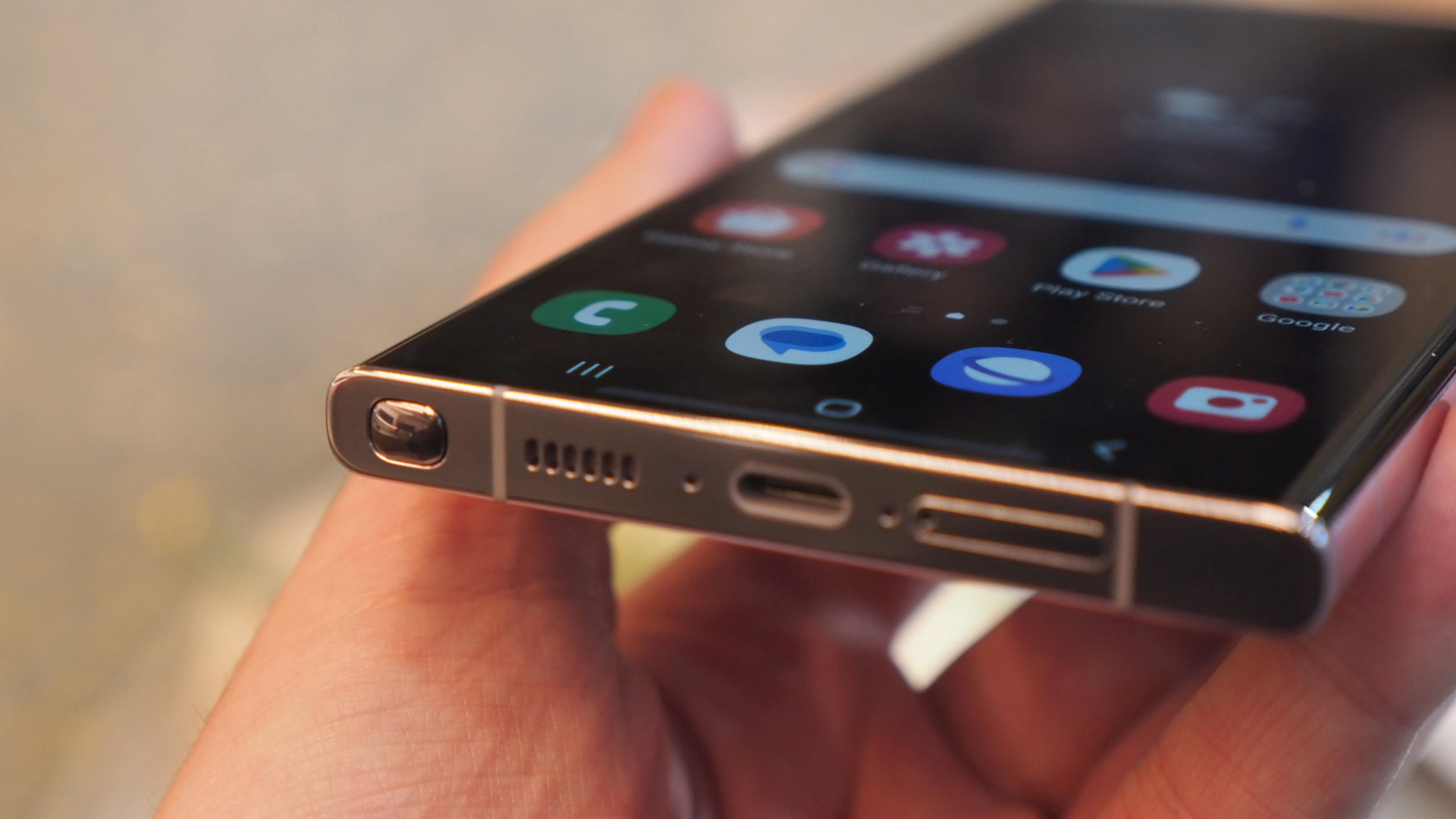 Your older Samsung phone could finally get Android 15 on these dates
Your older Samsung phone could finally get Android 15 on these datesYou could get a significant upgrade in the coming months
By Sam Cross
-
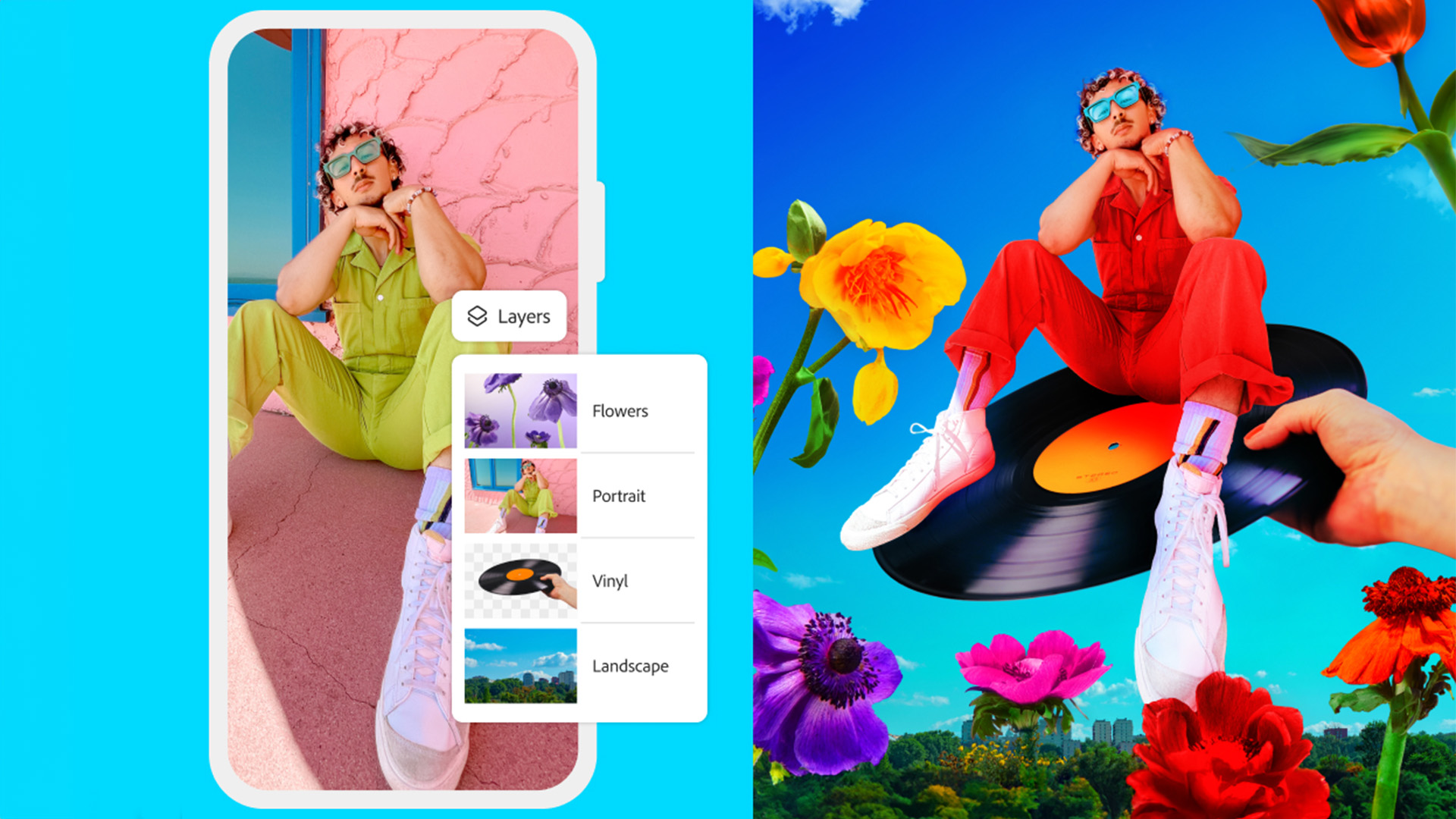 Photoshop's getting a surprise free upgrade on iPhone – and Android's next
Photoshop's getting a surprise free upgrade on iPhone – and Android's nextThe full experience is coming to mobile
By Max Freeman-Mills
-
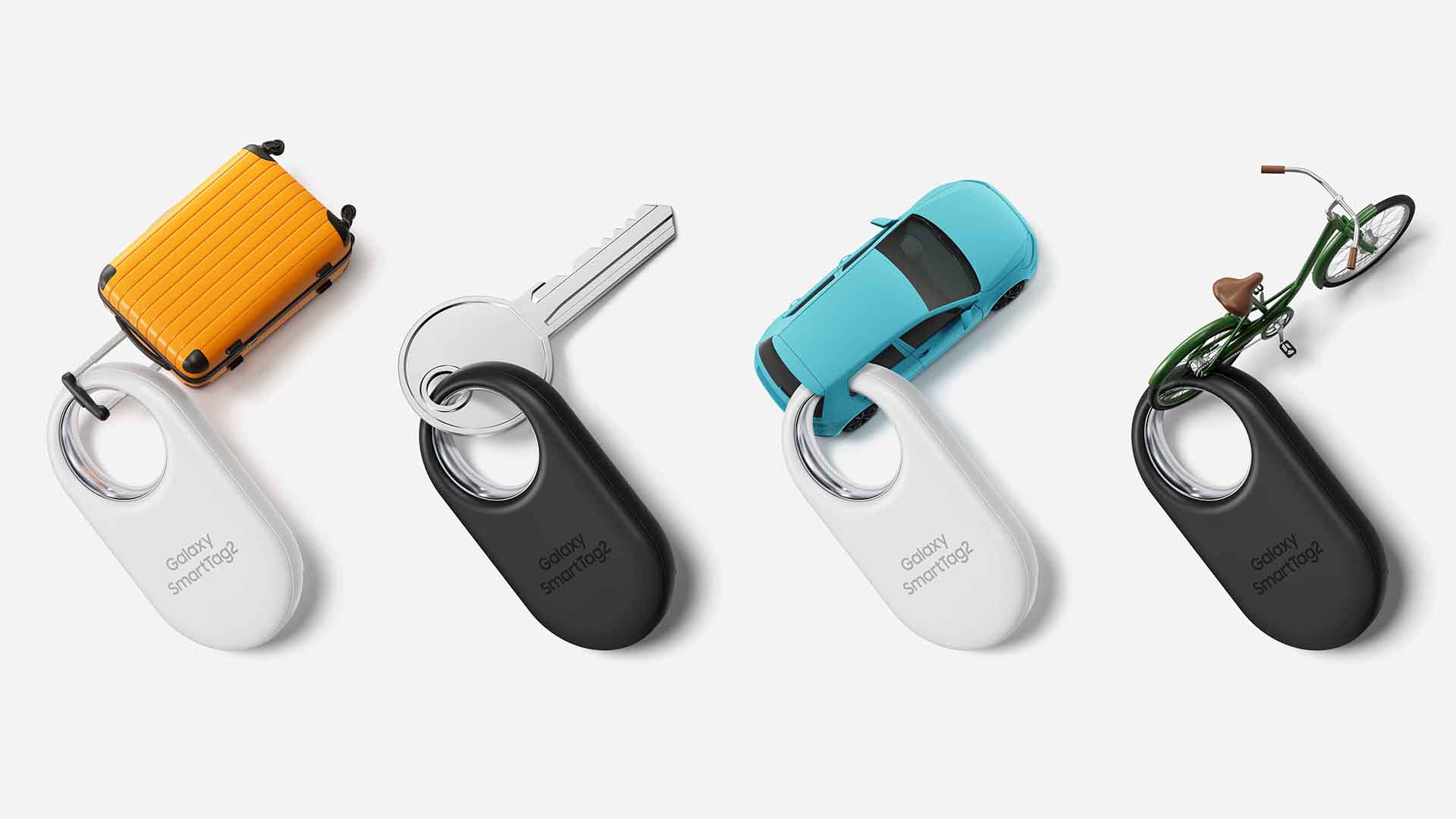 You can now use a Samsung Galaxy SmartTag with any Android phone, but there's a catch
You can now use a Samsung Galaxy SmartTag with any Android phone, but there's a catchThere's a clever way to get your Galaxy Tag working on other Android phones
By Chris Hall
-
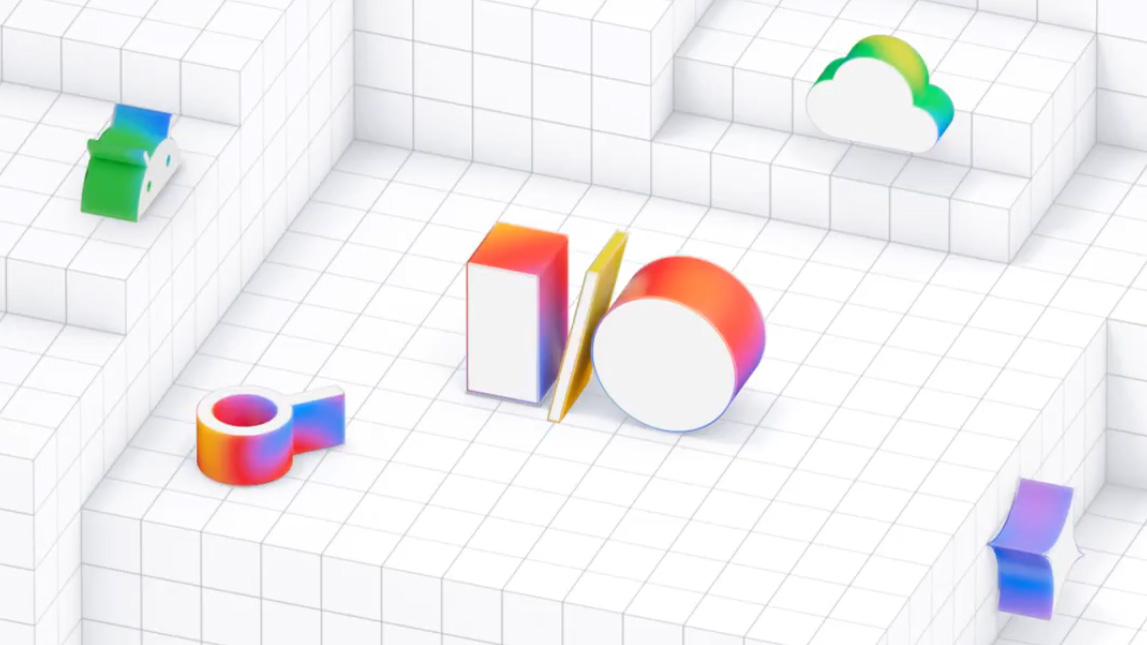 Here's when Android 16 will be officially detailed – Google I/O 25 date revealed
Here's when Android 16 will be officially detailed – Google I/O 25 date revealedWe're soon going to know a lot more about Google's plans as I/O 2025 is announced
By Chris Hall
-
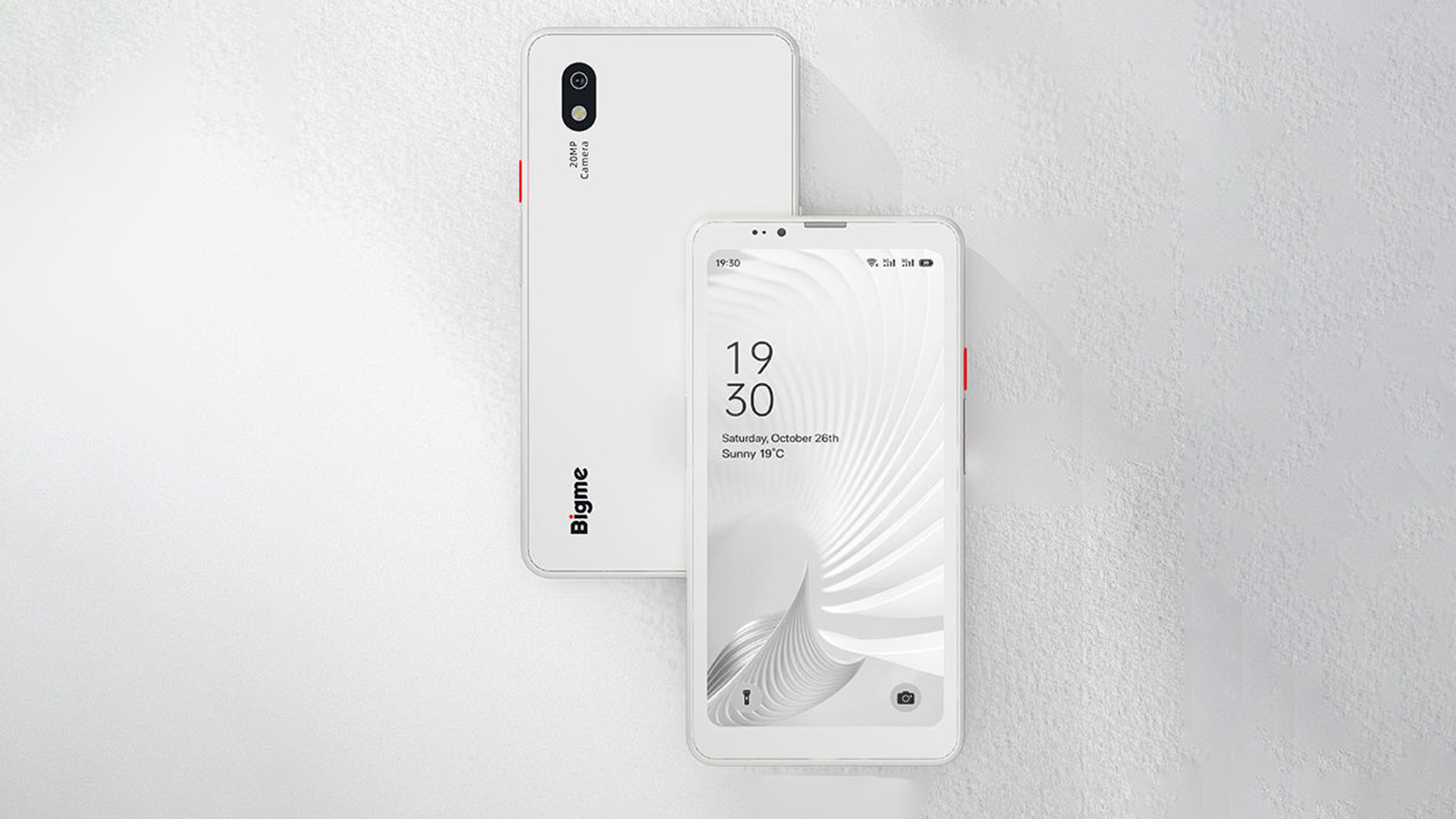 This Android phone is more Kindle than Pixel, and that's intriguing
This Android phone is more Kindle than Pixel, and that's intriguingBigme's E Ink Android handset is a very different kind of budget phone
By Britta O'Boyle

